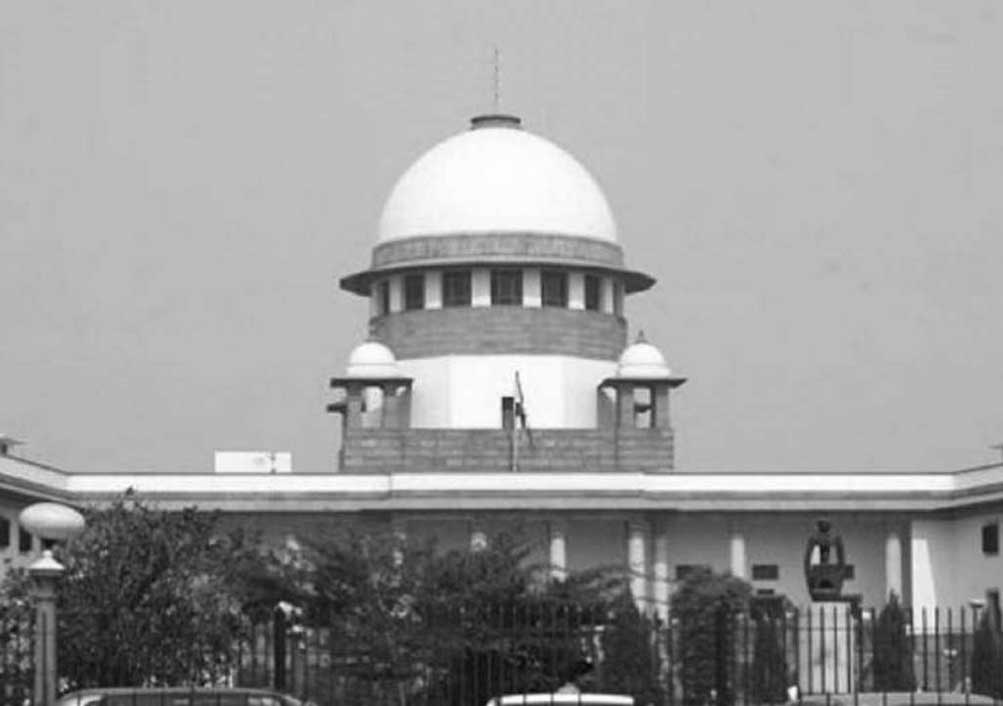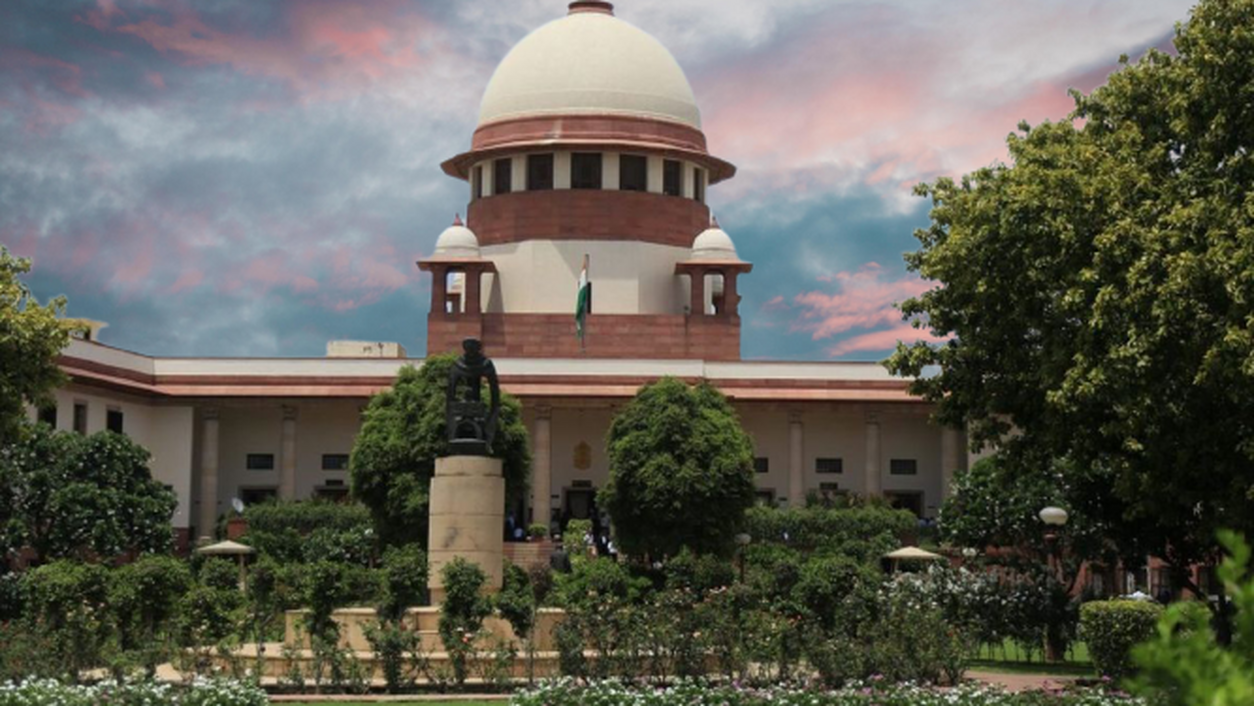SC upholds conviction in gang rape case where witnesses were won over by the accused, says version as deposed in examination-in-chief fully incriminates accused
Justices B.R. Gavai & Sandeep Mehta [08-05-2024]

Read Order: SELVAMANI v. THE STATE REP. BY THE INSPECTOR OF POLICE [SC- CRIMINAL APPEAL NO. 906 OF 2023]
Tulip Kanth
New Delhi, May 9, 2024: While observing that on account of a long gap between the examination-in-chief and cross examination, the witnesses were won over by the accused and they resiled from the version as deposed in the examination-in-chief which fully incriminated the accused, the Supreme Court has upheld the conviction of a man in a gang rape case.
The incident is of the year 2006 when a written information was received at the police station from the victim (PW-1), to the effect that she had been gang raped. An FIR was registered for the offence punishable under Sections 341, 323, 376 and 506(2) IPC read with Section 4 of Tamil Nadu Prevention of Women Harassment Act. The accused persons were arrested. The medical officer examined the victim and her statement was recorded under Section 164 CrPC.
It was the prosecution’s case that the victim was working at Emerald Shoe Company, Vaniyampadi for three years leading upto the day of the incident. On the day of the incident, when the victim, aged 22 years, was returning to her house, after completing her work, the Accused No. 1 who was the Manager/Owner of the said Company came to her and told her that he wanted to talk to her about certain matter and so he took her to a place near the Railway Bridge, where already the other four persons (Accused Nos. 2 to 5) were standing, who then forcibly dragged her to a secluded place and threatened to throw her on the railway track if she shouted.
They then stripped her. The victim cried for help, upon which she was threatened with a knife. The accused persons committed gang rape on her. Accused No. 1 assaulted the victim as well. The act continued till 3:30 AM, the next morning, when she escaped and came back to her house. On her return, she informed her mother (PW-2) and aunt (PW-3) and later during the same day, she got the FIR registered. The appeal, before the Top Court, challenged the final judgment of the Single Judge of the Madras High Court dismissing the Criminal Appeal of the accused persons. The trial court had convicted and sentenced the accused persons.
The appellant contended that the High Court had grossly erred in dismissing the appeal filed by the appellant herein. It was submitted that the victim (PW-1) as well as her mother-Jaya (PW-2) and her aunt-Jamuna (PW-3) had not supported the prosecution case in their cross examination. It was further submits that the medical evidence also did not support the evidence of the prosecution and so conviction could not be sustainable.
The Division Bench of Justice B.R. Gavai and Justice Sandeep Mehta was of the view that the prosecutrix as well as her mother-Jaya (PW-2) and her aunt-Jamuna (PW-3) had fully supported the prosecution case. The statement of the prosecutrix under Section 164 CrPC was also recorded before the Judicial Magistrate. The Magistrate had also deposed about the prosecutrix, giving the statement and narrating the entire incident.
The Medical Expert (PW.8), who had examined the victim, had clearly stated that the prosecutrix was having injuries on her person. Her evidence established the fact that there was forcible sexual intercourse several times by several persons. Her evidence also showed that on account of the said incident, the victim lost her virginity and there were also abrasions on the private parts of the victim.
However, the prosecutrix, her mother and aunt in their cross-examination, which was recorded three and a half months after the recording of the examination-in-chief, had turned around and not supported the prosecution case.
Referring to the judgments in Khujji @ Surendra Tiwari v. State of Madhya Pradesh [LQ/SC/1991/311]; Bhagwan Singh v. State of Haryana [LQ/SC/1975/504]; Sri Rabindra Kuamr Dey v. State of Orissa [LQ/SC/1976/309]; Syad Akbar v. State of Karnataka [LQ/SC/1979/300]; C. Muniappan and Others v. State of Tamil Nadu [LQ/SC/2010/900] , the Bench reiterated that the evidence of a prosecution witness cannot be rejected in toto merely because the prosecution chose to treat him as hostile and cross-examined him. The evidence of such witnesses can be accepted to the extent their version is found to be dependable on a careful scrutiny thereof.
The Bench took notice of the fact that in the present case also, it appeared that, on account of a long gap between the examination-in-chief and cross examination, the witnesses were won over by the accused and they resiled from the version as deposed in the examination-in-chief which fully incriminates the accused.
“However, when the evidence of the victim as well as her mother (PW-2) and aunt (PW-3) is tested with the FIR, the statement recorded under Section 164 CrPC and the evidence of the Medical Expert (PW-8), we find that there is sufficient corroboration to the version given by the prosecutrix in her examination-in-chief”, it added.
Thus, finding no reason to interfere with the concurrent findings of fact recorded by the trial court as well as the High Court on appreciation of the evidence, the Bench dismissed the appeal.
Sign up for our weekly newsletter to stay up to date on our product, events featured blog, special offer and all of the exciting things that take place here at Legitquest.



Add a Comment